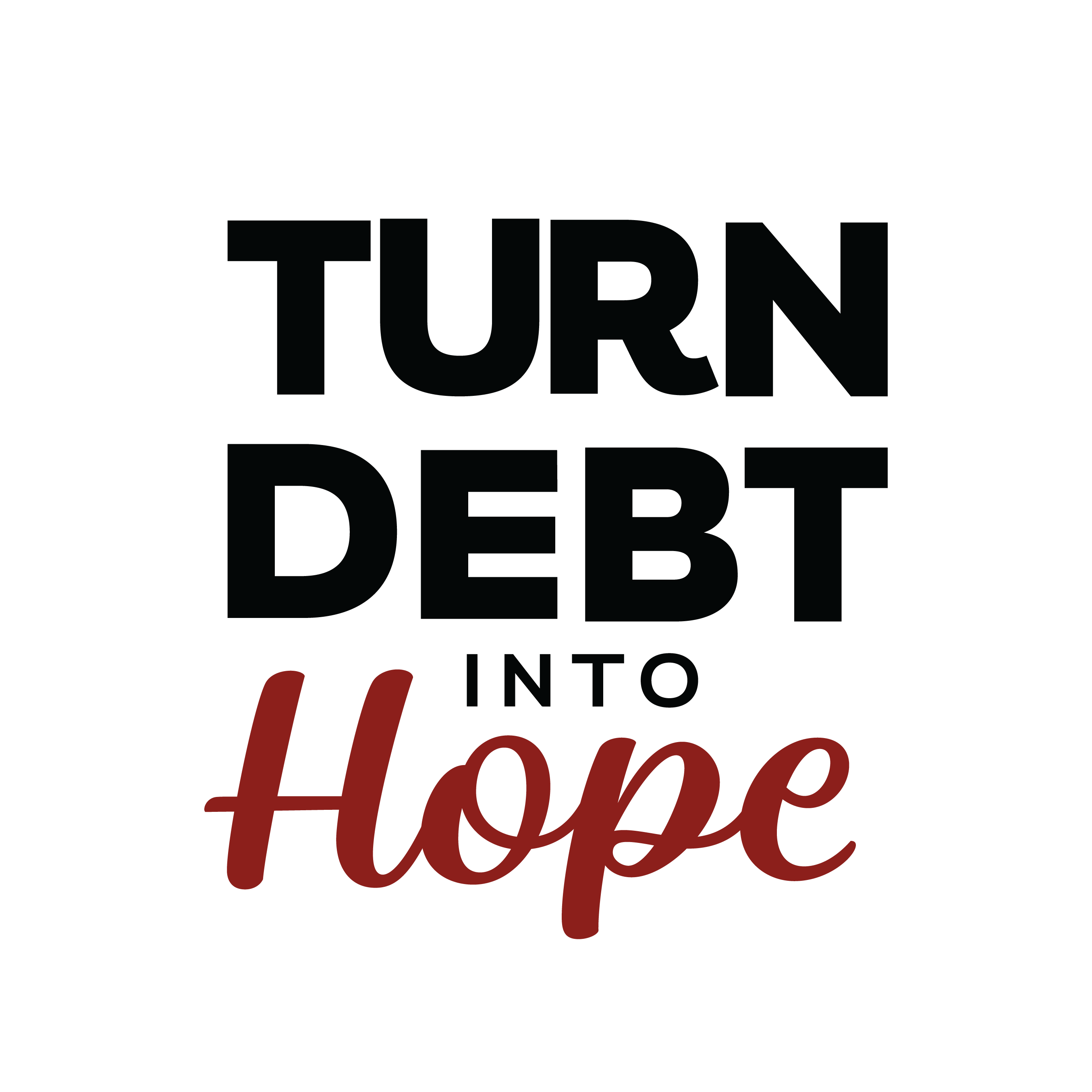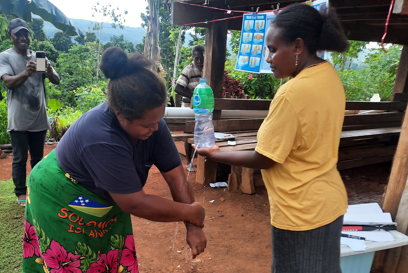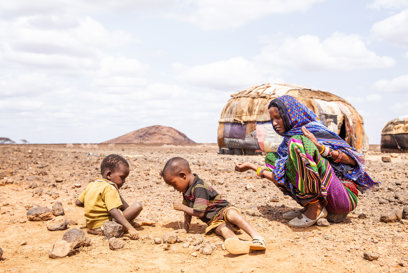Celebrated on September 8th every year, World Literacy Day promotes literacy as a fundamental human right and a key to social and economic development. Initiated by UNESCO in 1966, this day is a reminder of the impact that literacy has on individuals and communities, and the critical role it plays in tackling poverty.
Why are children and adults missing out on literacy skills?
Despite significant progress in recent decades, literacy remains a challenge for millions of people around the world. According to UNESCO, approximately 773 million adults and 262 million children cannot read or write. This staggering number highlights the need for continued efforts to promote literacy and ensure that educational opportunities are accessible, especially for people living in remote communities.
In many countries, barriers such as poverty, gender discrimination, and lack of resources prevent individuals from acquiring basic literacy skills. Conflict and natural disasters can further exacerbate these challenges, making it even more difficult for children to access education.
In countries like Tanzania, around 1 in 4 girls and women over the age of 15 cannot read or write. Many families are unable to afford an education. For people living in rural communities, schools are often far away and children have to walk long distances just to get an education.
How can improving literacy help tackle poverty?
Literacy is more than just the ability to read and write. Literacy opens doors to education, enhances employment opportunities, and provides the tools for people to participate fully in society. It lays the foundation for lifelong learning and is a stepping stone towards achieving broader development goals, such as education, health and equality.
Literacy is a powerful tool for breaking the cycle of poverty. Adults who cannot read or write have limited employment opportunities and their business may suffer from their lack of literacy skills.
Literacy can also directly impact health outcomes. By teaching adults how to read health-related information, they can understand medical instructions, and make informed decisions about their health.
How does Caritas Australia support adults who missed out on education?
Caritas Australia’s A+ Successor program, run in partnership in Tanzania with the Diocese of Mbulu Development Department, equips adults with literacy skills that many missed out on during their childhood.
Working with some of the most remote and mariginalised communities in Tanzania, the program provides adults with essential reading and writing skills, enabling them to access better job opportunities, manage finances effectively, and engage in entrepreneurial activities. By equipping adults with literacy skills, these programs help to create pathways out of poverty and improve economic stability for families and communities.
Oliva’s story: How literacy changed her life
Oliva lives in a village in northern Tanzania with her husband and four children. Growing up, she didn’t have the opportunity to attend school and was embarrassed because she couldn’t read, write or count. As an adult, her small business was losing money because customers were taking advantage of her.
Due to low family income, my parents could not send me to school. My mother preferred that I take work as a labourer. I felt inferior and didn’t interact with my friends. When I went to church and the pastor said, “let us open our Bible and read”, I could not read even a single word. As an adult, people used to take advantage of me because I couldn’t count, I was operating my business at a great loss.

This all changed when Oliva enrolled in literacy and numeracy classes, as part of Caritas Australia’s A+ program. She was able to read and write for the first time.
She also set up a classroom in her own home, teaching other adults in her village who noticed they were too embarrassed to attend the same classes as their children.
Now, she has graduated, attendance at her homebased classes is growing, her business is thriving, and she is fulfilling her dream of becoming a pastor.
“My business is growing because I can keep financial records without confusion, save and buy basic needs like food, medicine and farm materials,” Oliva said.
“Education has enabled me to come closer to my children, as we do homework together, with an increase in the family bond.”

Oliva stands near her home in Karatu District, Tanzania. Photo credit: August Lucky.

















